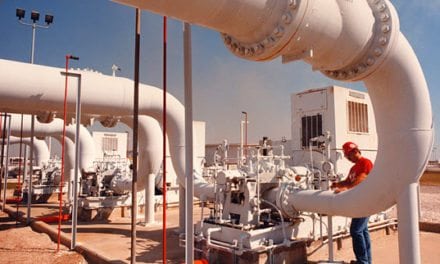The oil and natural gas industry is leading the way to reduce methane emissions in a cost-effective manner, and new regulations could threaten Colorado’s energy renaissance, Tracee Bentley, executive director of the Colorado Petroleum Council (CPC) told EPA Wednesday in a public hearing on the agency’s proposed methane regulations for oil and natural gas production.
“Even as U.S. oil and natural gas production has surged, methane emissions have declined significantly,” said Bentley, in testimony at the Denver hearing. “Our industry has voluntarily led the way in its pursuit of improved operations to safely maximize the recovery and capture of these valuable oil and gas resources.”
Methane emissions from hydraulically fractured natural gas wells have fallen nearly 79 percent since 2005, and total methane emissions from natural gas systems are down 11 percent over the same period, according to EPA Data. These reductions have occurred during a time when total U.S. gas production has increased 44 percent. “This industry has also played a significant role in the 27-year lows,” said Bentley.
“These trends are the result of free market measures and private sector investment. We urge EPA not to get in the way of this success by developing a one-size-fits-all regulatory approach, particularly for those in states that are already leading the way, either voluntarily or following Colorado’s Regulation 7. The last thing we need is a duplicative and costly regulation that could increase the cost of energy for Colorado consumers and undermine our competitiveness as an energy leader.
“CPC and the industry remain committed to working with EPA and the administration to identify additional cost-effective control opportunities that do not hinder our ability to provide the energy our state, and the entire nation, will continue to demand for many years to come.”
The Colorado Petroleum Council is a division of API.









